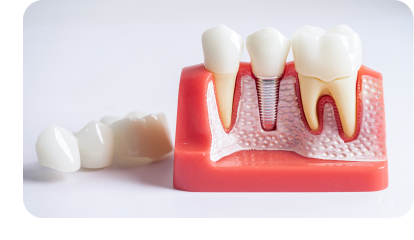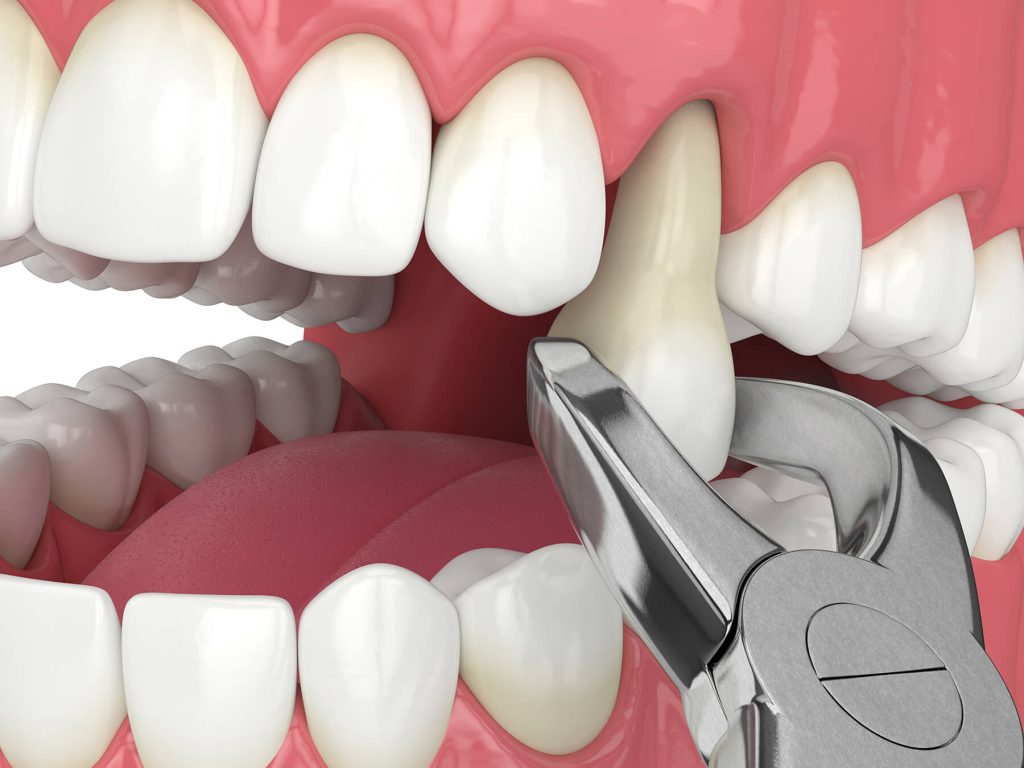Dental extraction involves various types of surgical procedures that are performed depending on the patient’s needs and dental conditions. One of the most common types of dental surgery is tooth extraction, which may be performed due to severe decay, infection, or other dental problems. Dental implant surgery is also performed to replace missing teeth with an artificial base implanted in the jaw. Gum surgery is also performed to treat gum disease or correct unhealthy gums. In cases where wisdom teeth are impacted or have not grown in properly, wisdom tooth surgery is necessary to remove these teeth. Other types of surgery include dental cyst removal and jaw surgery to correct jaw deformities. Each of these surgeries requires careful post-operative care and follow-up to prevent complications and ensure proper healing.


